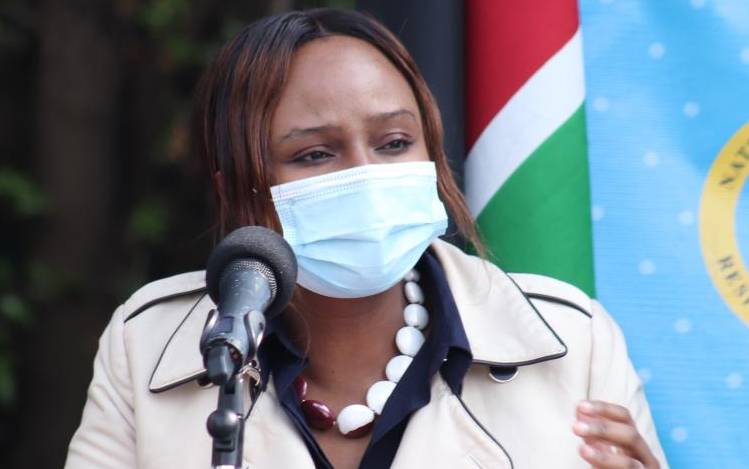×
The Standard e-Paper
Stay Informed, Even Offline

Health Chief Administrative Secretary (CAS) Dr Mercy Mwangangi during a press conference in Nairobi on Tuesday, June 23 2020, to give updates on coronavirus virus pandemic. [David Njaaga, Standard]
Covid-19 cases in the country have surpassed 5,000, even as questions are being raised on the exact number of people tested so far.